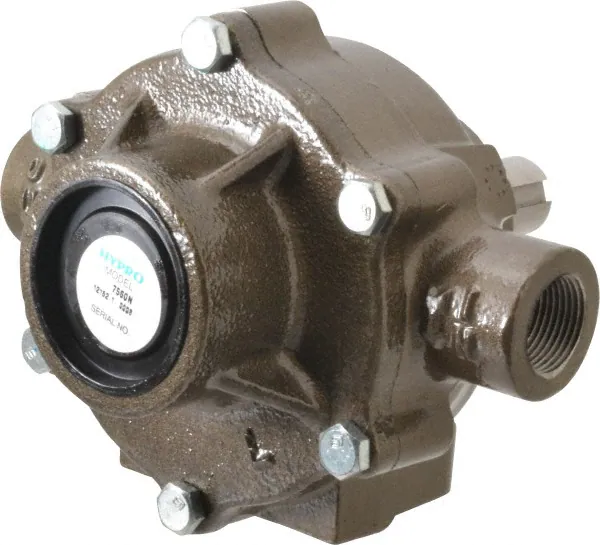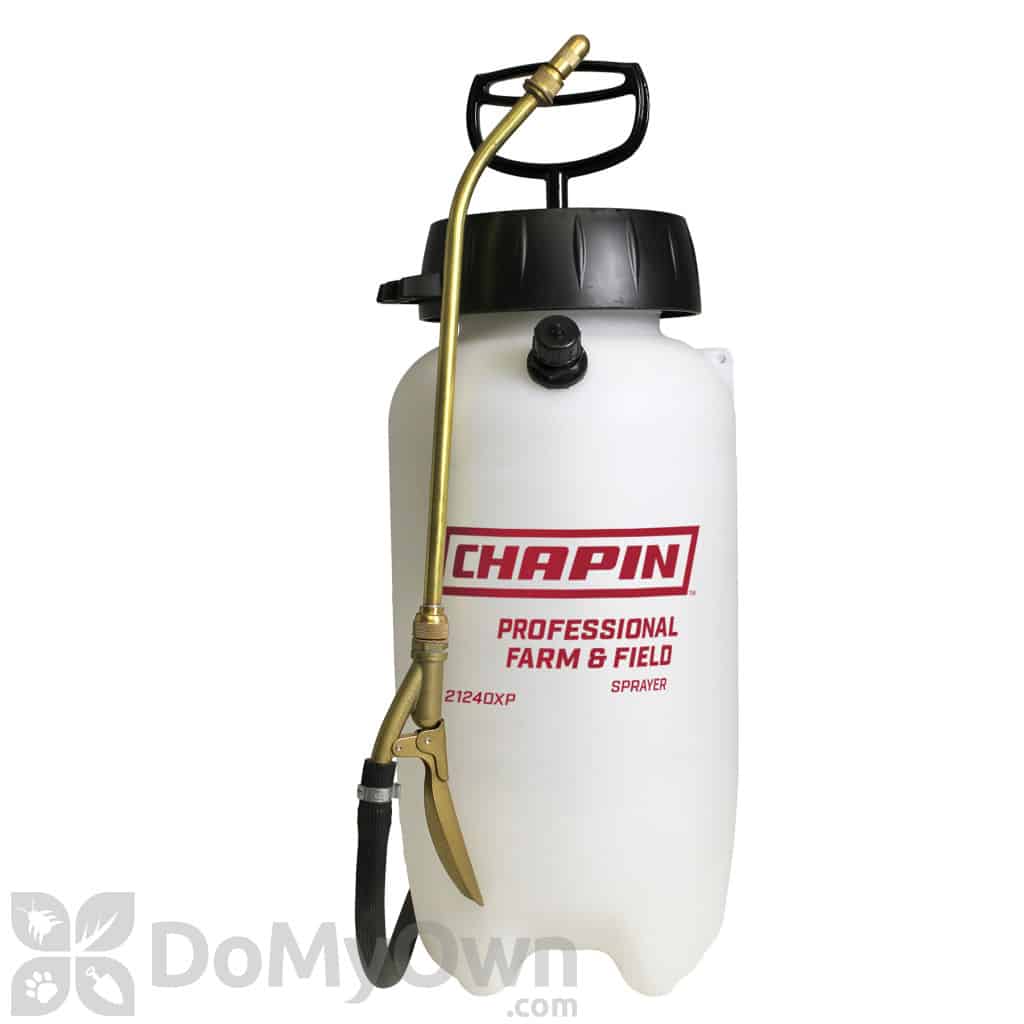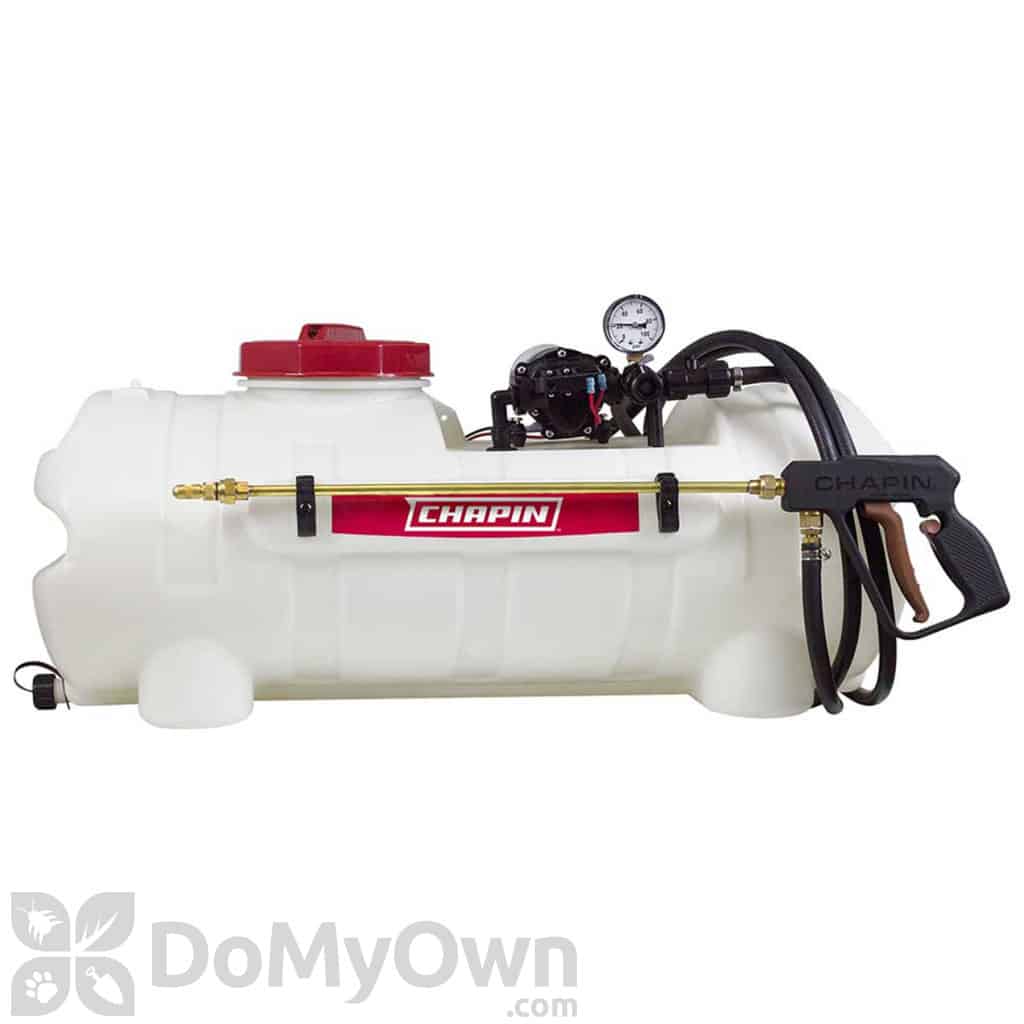Most people buy a lawn sprayer to control weeds and other pests on their property. But what about using your sprayer to apply fertilizer? After all, a sprayer can be a costly investment. You want to prolong the life of your unit and avoid unnecessary wear and tear. So is it ok to put fertilizer in your sprayer?
The typical lawn and garden sprayers on the market are compatible with many different types of fertilizer. However, many factors can potentially affect your sprayer, including the type of fertilizer used, the materials the sprayer is made out of, and the type of pump on your sprayer.
Let us take a look at the specific factors to consider when putting fertilizer in a sprayer.
Material Compatability
One of the most crucial factors to consider before using fertilizer in your sprayer is material compatibility. Sprayers are typically constructed with materials that have resistance to a wide range of chemicals and fertilizers. However, there are so many different types of fertilizers used today that you might run into one that is pretty harsh on equipment.
In this case, an inexpensive sprayer may not be ideal, as they are often made with less durable materials. Not to say that your sprayer won’t work, but the sprayer may not last more than a few uses, especially without cleaning it out well.
If you plan to use your sprayer to apply fertilizer often, you should consider investing in a quality sprayer. But just because you spend more on a sprayer does not necessarily mean that it will hold up to specific types of fertilizer. Compatibility is key. You want to make sure that you are purchasing a sprayer that is made of materials that are suited for abrasive and corrosive fertilizer solutions.
Whether you are buying a sprayer or building your own, these are the materials that will hold up best to the corrosive attributes of fertilizer:
Materials recommended for use with fertilizers
- Polypropelene (fittings)
- Polyethylene tanks
- Stainless steel
- EPDM rubber (hose)
- Viton (gaskets, seals, o-rings)
These materials are less suitable and can even react very poorly to corrosion or prolong contact with many products:
Materials that are generally less suited for fertilizers
- Carbon steel
- ABS plastic
- PVC
- Polycarbonate
Best Type of Pump for Applying Fertilizer
The pump is the centerpiece of your sprayer. There are several different pump types used on sprayers. Diaphragm pumps, centrifugal pumps, 12-volt pumps, roller pumps, etc. These pumps have different attributes, and some are more suited to handle viscous, abrasive, or corrosive liquids than others.
For example, roller pumps are a common pump used on small boom sprayers and skid sprayers. They do a great job with liquids, but the standard cast iron roller pumps do not work well with gritty, abrasive fertilizers. There are stainless and nickel-plated options that will hold up better, though they are more expensive.

Another very common pump type for lawn and garden sprayers is a 12-volt diaphragm pump. These pumps will handle viscous, thick liquids, but the internal check valves and diaphragm can be damaged by solids in the liquid, and they will also wear out over time. As mentioned early, if you have a mixture that is mostly water, then this effect will be less severe.
If you are using a hand sprayer or backpack sprayer, fertilizer can gum up the pump assembly. Most of these types of sprayers use a piston-style pump. These have less tolerance to wettable powders and dry fertilizer mixes. A diaphragm-style backpack sprayer will not produce as much pressure as a piston style, but they are more resilient to the gritty, abrasive characteristics of many fertilizers.
Maintaining Your Sprayer When Using Fertilizer
Flushing the sprayer and rinsing the tank with fresh water 3 times, will keep your sprayer working properly. This is called triple rinsing. To do this, fill the tank about 20-30 percent full with fresh water and pump the water out completely through the nozzles or spray gun. This method will remove most of the residue, but you can also use a tank cleaner after each use can help limit the effects of different fertilizers and chemicals on your sprayer.
Straight fertilizer can still have extreme effects on your sprayer even if you rinse it after each use. Hoses can become brittle, gaskets & o-rings leak, and spray guns can get “gummed up”. It is more likely that you will have a water and fertilizer mix if you are applying fertilizer to your lawn. If your mix is 90 percent or more water, then the overall effect on your sprayer will be less severe.
Recommended Sprayers for Use with Fertilizer
| Hand Sprayer: Chapin Professional Farm & Field Viton Sprayer 2 Gal |  |
| Backpack Sprayer: 4-Gallon ProSeries Diaphragm Pump Backpack Sprayer |  |
| 12-Volt Sprayer: 15 Gallon 12v Dripless EZ Mount ATV Spot Sprayer |  |

